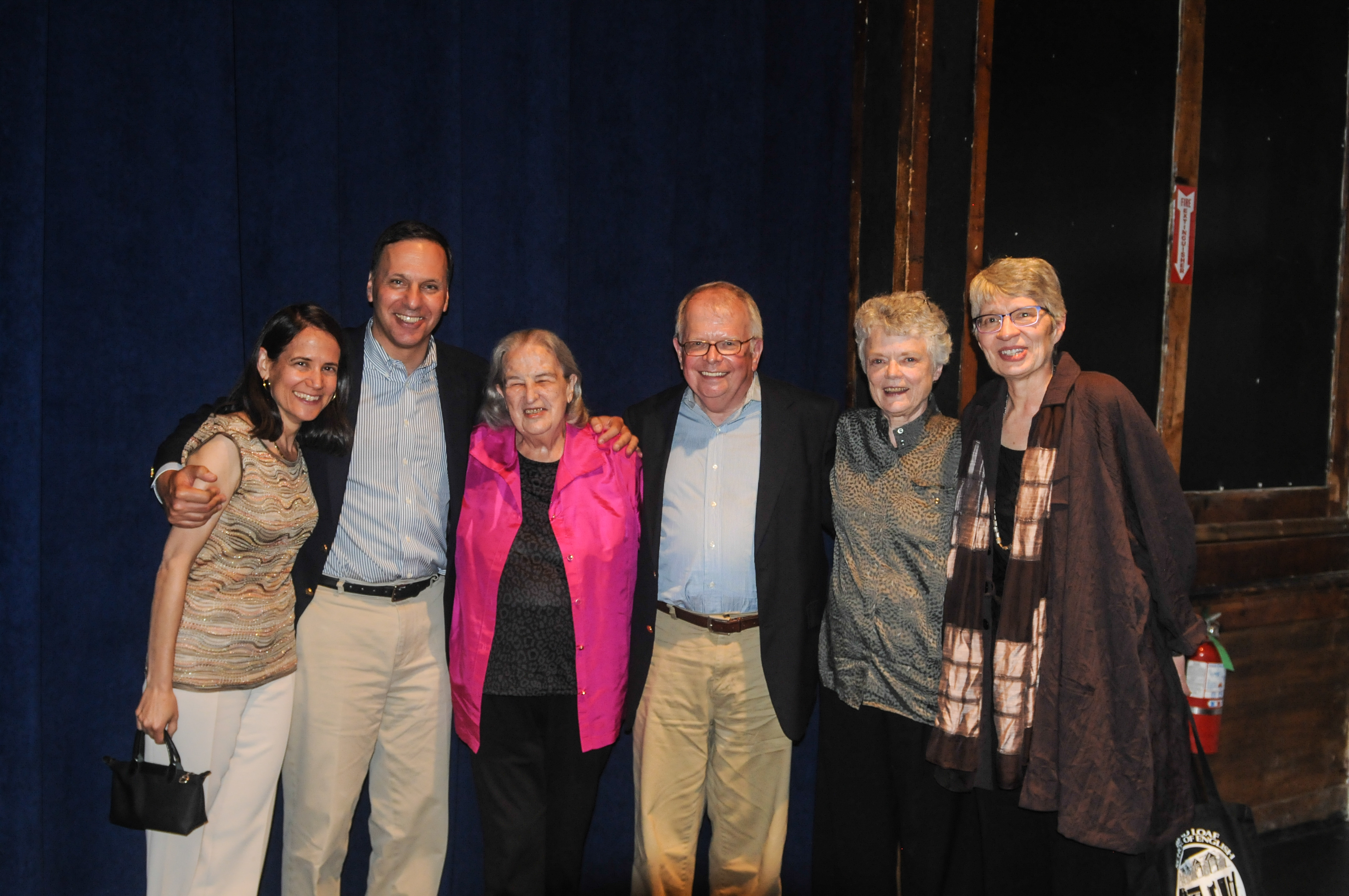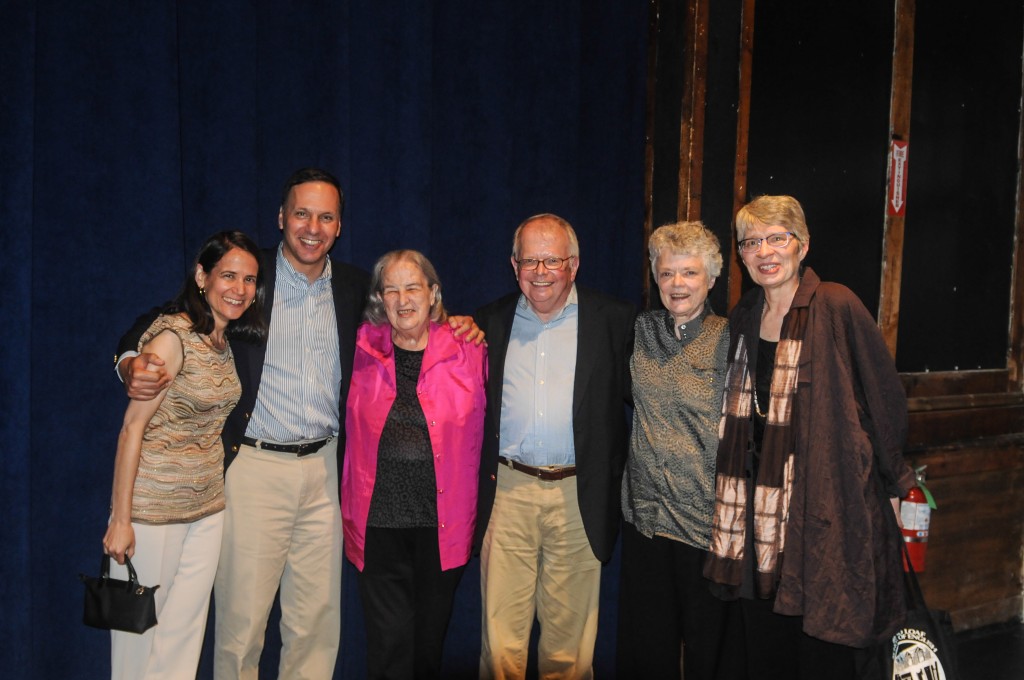From the Director: Opening Remarks in Vermont
0October 31, 2015 by Tom McKenna

Editor’s note: The following excerpt is from Director Emily Bartels’ opening night talk at the Vermont Campus, June, 2015.
But there is a side to Bread Loaf that happens long after our intensive summer of study together is done. I’ve seen it across the country. On the Navajo Nation, Navajo students are taking the lead, as researchers and communicators, in advocating for healthy living and eating practices in their communities. In Vermont, students from five different high schools are engaging collectively with community leaders in research projects that will strengthen social and educational opportunities across the state. In Lawrence, MA, within a largely Latino/a population, students who call themselves Bread Loafers are leading writing workshops and showing other students and their families the power of the spoken and written word—turning a so called ‘city of the dead’ into a place where college success rates have jumped 80 percent. In Louisville, KY, students who expect to be the burnouts in their English classes are working double time, in class and out, to have voice and presence in a food-centered learning community.

At the opening night 2015, retiring president Ron Liebowitz announced a set of fellowships in honor of Director Emeritus James Maddox. Pictured from left to right: Jessica and Ron Liebowitz, Dixie Goswami, Jim and Lucy Maddox, and Bread Loaf Director Emily Bartels.
In all of these cases, these students are not only getting their homework in on time, they are reaching out across classrooms, disciplines, and cultures to share and analyze their work. They are taking charge of their education, interpreting as well as writing and presenting, the stories—the literature and language—that make us who we are.
And behind these students are Bread Loaf-trained teachers, working collaboratively at Bread Loaf or in the Bread Loaf Teacher Network, teachers who are transporting into high school classrooms the digital, critical, and imaginative texts and strategies they’ve explored and developed at Bread Loaf and who are teaching their students how to teach themselves. Behind these students, that is, are teachers who are helping their students develop and value the independence of mind, the adeptness with language, the depth of research and imagination, and the diversity and unconventionality of approach that Bread Loaf teaches in its graduate classrooms.
And as a result, educators and administrators from Shelbourne Farms, the Smithsonian, Partners in Health, the U.S. Department of Education, and Digital Promise, as well as major regional and national philanthropic foundations are looking to these teachers and their students for models of what K-12 education in the 21st century should be.
To look to these examples is to get a sense of what we’re aiming for at the Bread Loaf School of English: turning education in the humanities—reading, writing, performing—into an essential way of life.
Category Campus News, Fall 2015 | Tags:

Leave a Reply